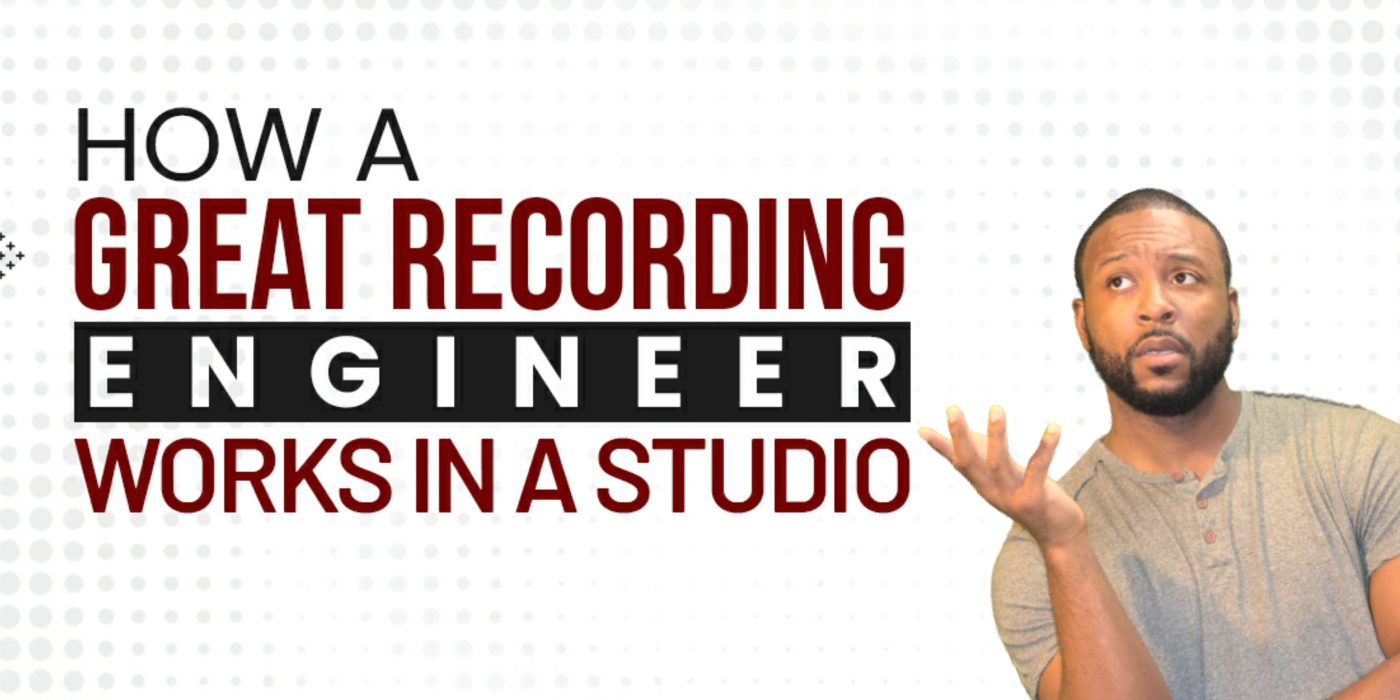Blog
How a Great Recording Engineer Works in a Studio
With home studios growing, it appears the craft of engineering has become increasingly neglected.
The idea came with the simplicity of hardware, so you didn’t have to learn much about recording. The idea is that the equipment is doing the job as if you were only buying the accessories and the magic is happening alone.
I’m sure if you’re going to take the time to talk with a mix specialist, you’re going to get an early on the current state of the sessions they’re having. On their end, it’s certainly become more difficult.
Modern recording too is impatient. Everyone wants immediate results. It takes time to learn. Every stage has its own learning curves.
- Take Your Time
Don’t make the mistake of thinking your recordings would sound like a record straight out of the box.
Yes, you’re going to have more choices than you can fathom, but this doesn’t mean you’re going to grasp them all.
You can make sometimes beautiful errors while recording. Those moments we all cherish. But, we are not making them a career.
2. Patience
When did you go to school remember? On the first day of class, you were not getting your diploma. When the UPS truck with your sparkly new gear pulls up to your house it does not contain a diploma.
You’ve got to let yourself learn.
Do not make the mistake of drawing something out of the box and starting a record immediately. Advise yourself. Watch out for as many videos as possible.
Concentrate on one small element at a time.
Do not start adding plugins to the source until you know how to capture a great sound.
3. Microphone
On inexperienced audio engineers the idea of microphones behaving like ears seems to get lost.
Listen to the instrument by microphone. They are going to sound different depending on where they’re placed. Plugins after the fact won’t change that.
If it doesn’t sound good, it probably won’t sound good recorded in front of you (in the room). Slide around the mics. Plugins ic— a garnish.
4. Decisions
Less experienced engineers seem to be genuinely concerned about saving later options. They fear adding compression or EQ, if they don’t get it right.
Great engineers often commit to effects. At least those which help to capture the instrument.
At first, you are probably going to make some mistakes. That is part of the learning process! That’s what every beginning engineer does. Get well.
5. Organization
A good engineer knows how to organize a project.
They make edits as they’re tracking. They do the fades and fix the punch-ins.
This way there’s no guessing game later and panic will not be thrust upon the mixing engineer upon receiving your session.
6. The Engineer, Not the Equipment
About half the job is out of the ground. If you don’t have these concepts down it doesn’t matter when you run TAB preamps into a LA2A through a Pultec. It won’t sound good anyway.
A great engineer can make a great recording sound be it behind an API desk or an MBox. The technique and taste are similar even if the medium is not. Technology changes but there is an appreciation of what makes a great recording.

